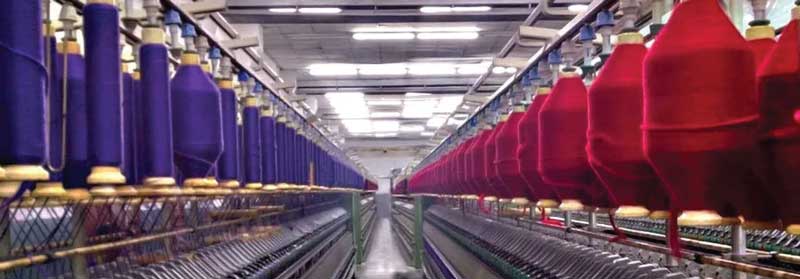The Indian textile industry is poised to enter a new era of sustainable manufacturing with the advent of Industry 5.0. A recent study by PwC India reveals that the sector is expected to reap significant benefits from this technological revolution, with potential revenue growth exceeding 7% over the next few years.
Industry 5.0, the next phase of industrialization, emphasises collaboration between humans and machines to create sustainable products and services. This human-centric approach aligns with the growing global focus on environmental sustainability and ethical production.
Key findings of the PwC study:
- Revenue Boost: Indian manufacturers, including those in the textile sector, stand to increase their revenues by 6.42% over the next two years due to the adoption of Industry 5.0 technologies.
- Sustainability Focus: A significant 93% of C-suite executives prioritise sustainability initiatives and aim to double or triple their business growth in the next 3-4 years.
- Cybersecurity Concerns: With the increasing complexity of manufacturing processes and the rise of connected devices, cybersecurity has become a top concern. 46% of executives are investing in robust cybersecurity measures to protect their operations.
The textile industry’s role in Industry 5.0:
The textile industry, a major contributor to India’s economy, is well-positioned to leverage Industry 5.0 to address pressing challenges such as environmental impact, labour shortages, and changing consumer preferences. By embracing advanced technologies like artificial intelligence, machine learning, and automation, textile manufacturers can streamline operations, improve product quality, and reduce waste.
Furthermore, Industry 5.0 can enable the development of innovative, sustainable textile materials and processes, such as eco-friendly dyes, recycled fibres, and energy-efficient production techniques. This will not only help the industry meet stringent environmental regulations but also appeal to environmentally conscious consumers.
As the textile industry embraces Industry 5.0, it is crucial to prioritise workforce training and upskilling to ensure a smooth transition and maximise the benefits of this technological revolution. By fostering collaboration between industry, academia, and government, India can position itself as a global leader in sustainable textile manufacturing.

